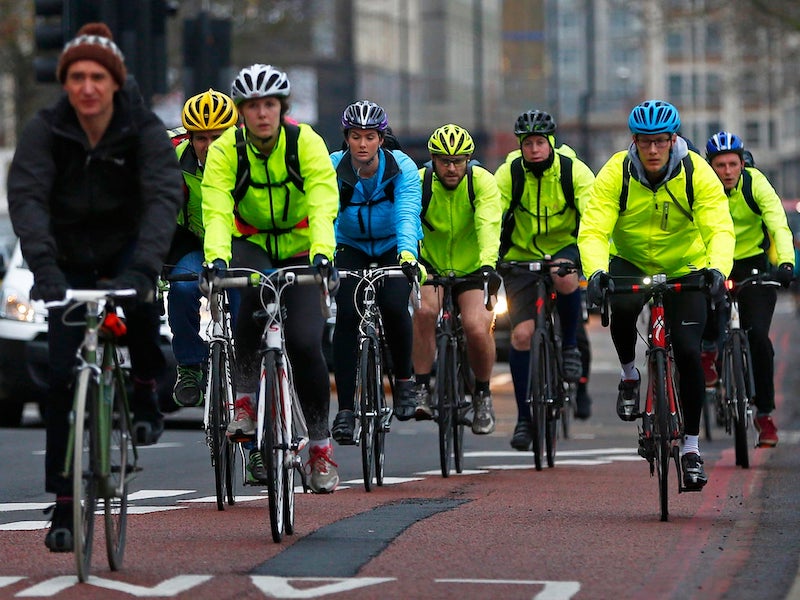
Use Less Energy
Bring in a managed energy descent – reduce energy use and minimise waste.
What Must Be Done
- Bring in a form of universal rationing or quota scheme, such as tradable energy quotas (TEQ) or tradable carbon credits (TCC), to reduce energy use and emissions in an equitable and planned manner.
- Stop food and packaging waste, and planned obsolescence of appliances e.g. require businesses to be responsible for the cost of a product at all stages of its life, including disposal.
- Move from ownership to shared use.
- Stop the advertising of non-essentials.
- Require all new builds to meet safe, low-energy, climate-proof standards.
Why
There is a growing awareness that we no longer have time to reduce global carbon emissions just by replacing fossil fuels with renewable energy sources (solar, wind, tide etc). A managed energy descent is now the only way we can avert catastrophic warming.
Energy rationing schemes (such as Tradeable Energy Quotas) provide certainty of controlling emissions. They also do so in a transparent and equitable way (see our End Emissions page).
“All adult citizens, driving age and over, get the same number of free quota units to ensure their year’s energy security, and these are topped up weekly so everyone always has a full year’s supply. This gives people time to adjust to what they know will be fewer free quotas in each subsequent year of the program. That certainty of declining supply focuses the attention and motivates everyone to make changes to reduce fossil fuel use in coming years.”
Jack Santa Barbara
The same certainty is not possible with schemes which attempt to control emissions by manipulating prices for fossil fuels, such as our Emission Trading Scheme (ETS) or a carbon tax.
Phasing out petrol and diesel means human activity will need to be organised more locally. It makes sense to plan for localised food and energy self-sufficiency to give protection against system breakdown.
Re-nationalising essential services, like energy, is inevitable given the scale of emergency response needed. No single private corporation would have the legitimacy, legal ability or organisational capacity to take on the role of ensuring equitable distribution of resources.
Ending wastage in its many forms is an easy way of reducing energy demand – from food waste, packaging, planned obsolescence of tools and appliances to non-essential high-emitting and/or energy-consuming activities such as much air travel and most advertising
Scarcity of tools, equipment (incl vehicles) and new-build dwellings will increase as reductions in uptake of oil energy are enforced. Equitably shared use of resources, utilising innovative ways of ‘powering down’, will help avoid even deeper social disparities than we currently face.
Whatever system of rationing is used to achieve the reduction in energy use, it will not be acceptable to people unless it is clearly equitable.
Like us on facebook.
Comments, reactions or suggestions you are willing to add to this public thread would be greatly appreciated…

Regarding Tradable Energy Quotas (TEQs) above, we have a petition in to ask the House of Representatives to investigate them. See https://www.degrowth.nz/ and click on the link. Or go to https://www.parliament.nz/en/pb/petitions/document/PET_125446/petition-of-deirdre-kent-on-behalf-of-degrowth-aotearoa
I only recently heard about Tradable Energy Quotas (TEQs) – which seems a MUCH better system of accounting for carbon use by every adult than NZ’s pathetic ETS system. Here’s more reading about it – a very comprehensive article: https://deirdrekent.com/tradable-energy-quotas-the-magic-route-to-degrowth-and-control-of-emissions/
I recommend you read everything Jack Santa Barbara has written. He is a regular contributor to Newsroom: https://www.newsroom.co.nz/search?s=Jack+Santa+Barbara+